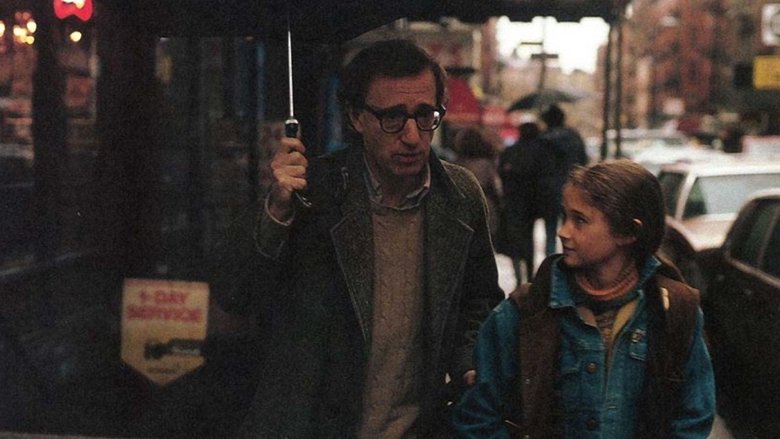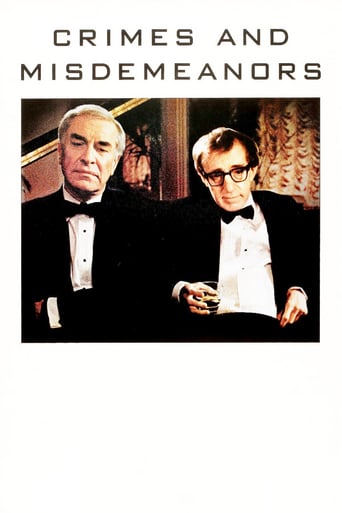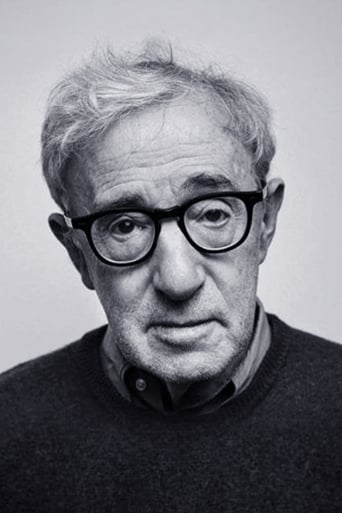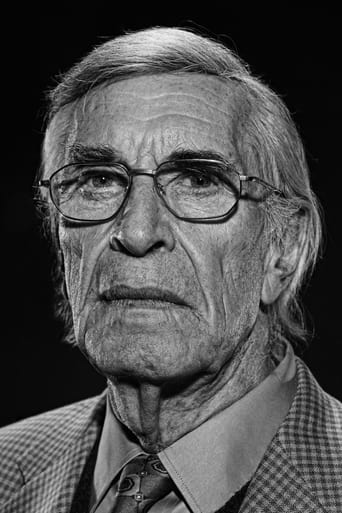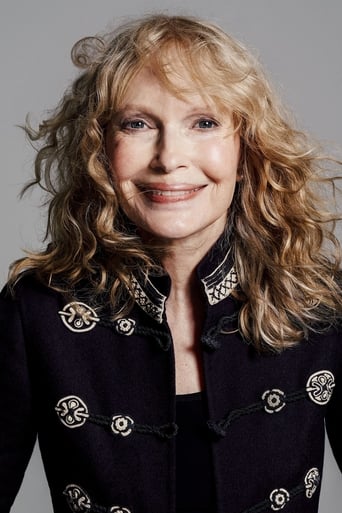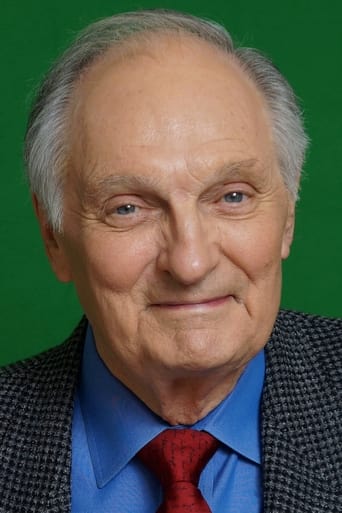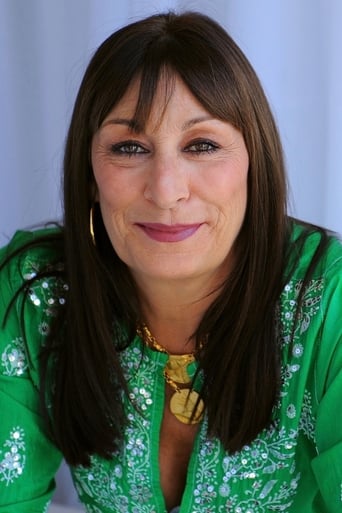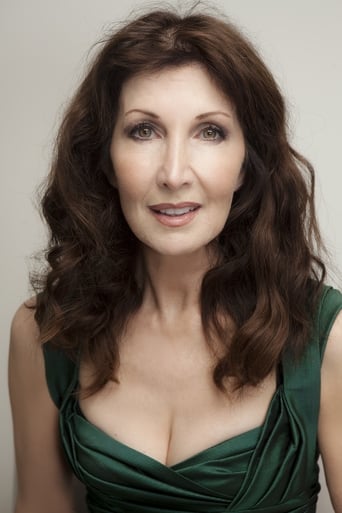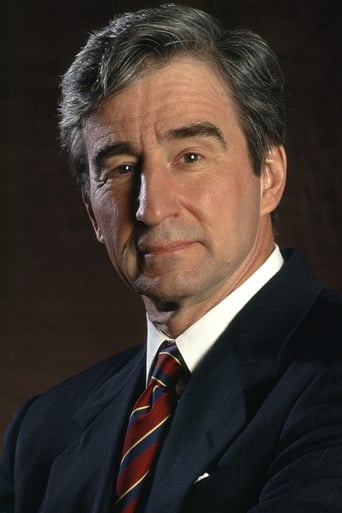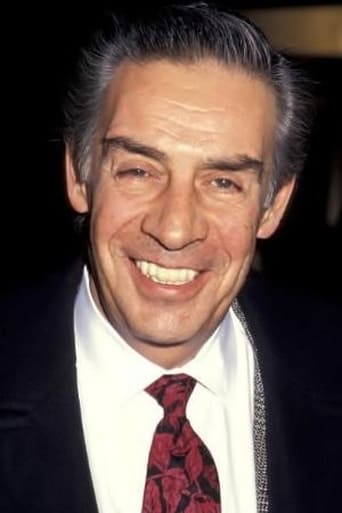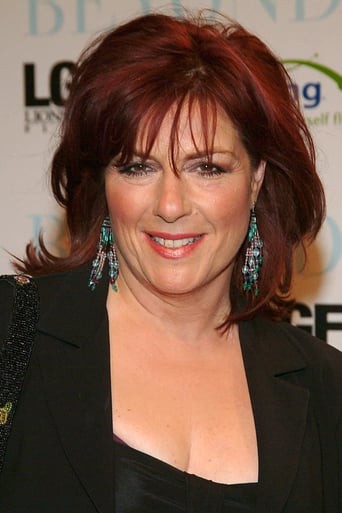An ophthalmologist's mistress threatens to reveal their affair to his wife, while a married documentary filmmaker is infatuated by another woman.
Similar titles

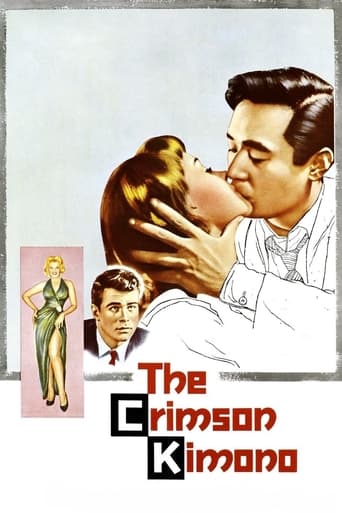
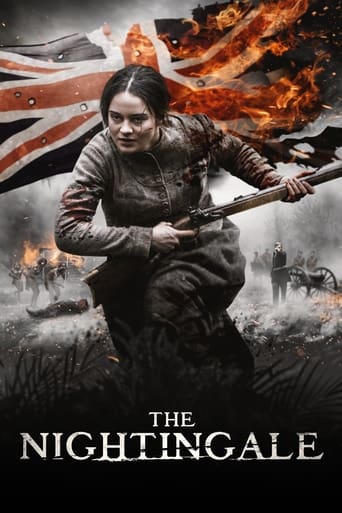
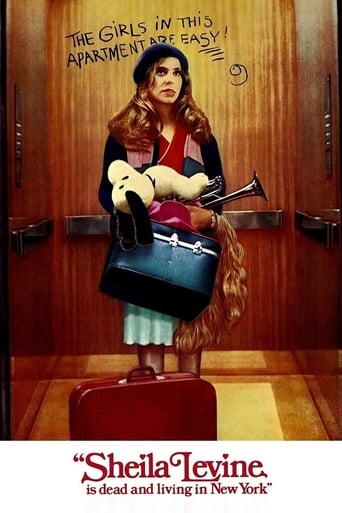
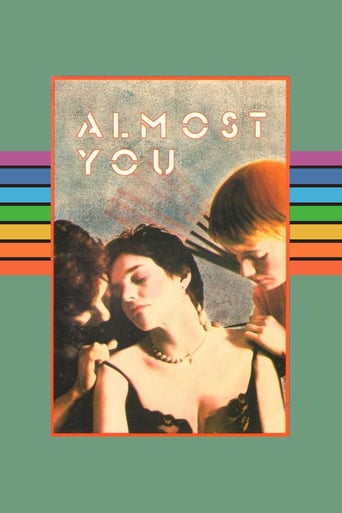
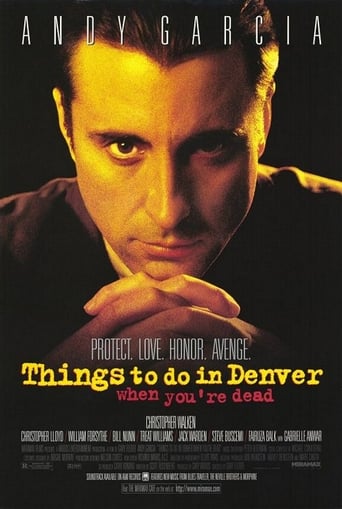
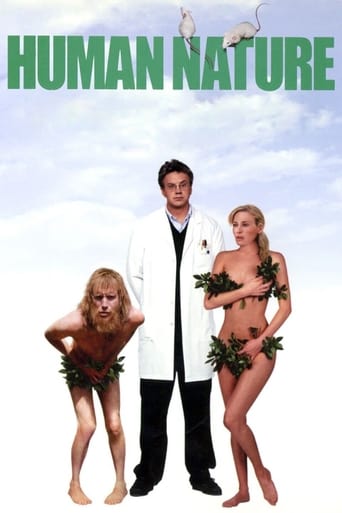
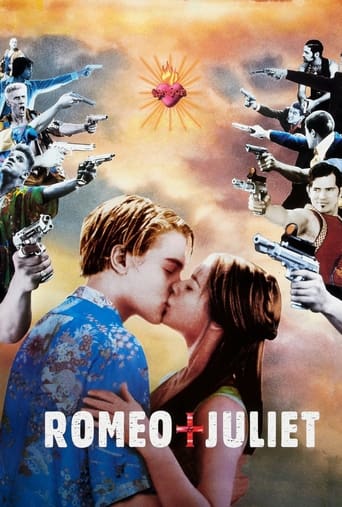
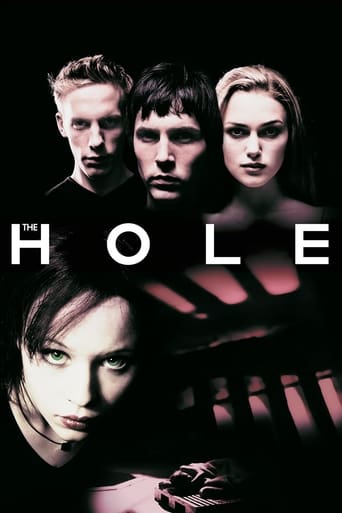
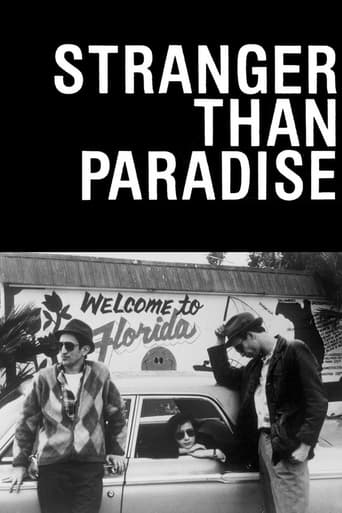
You May Also Like
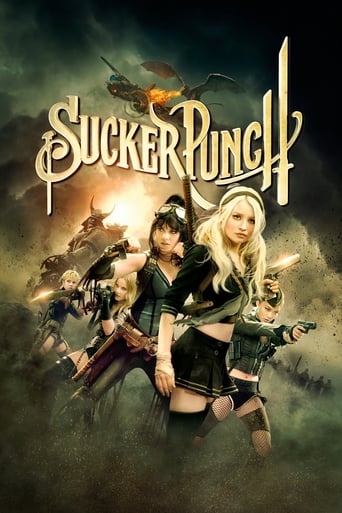

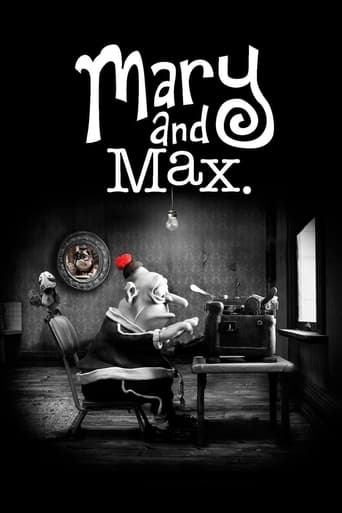
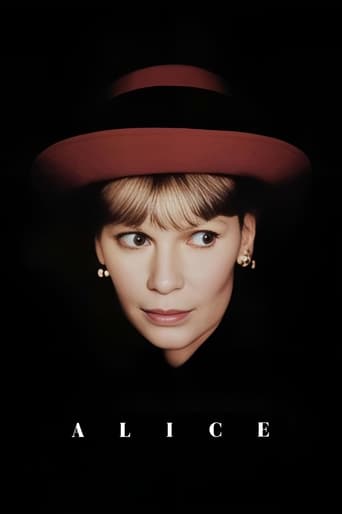
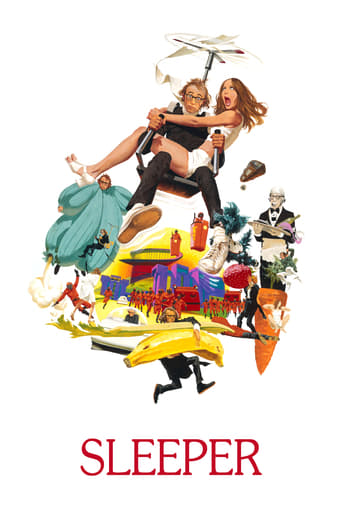

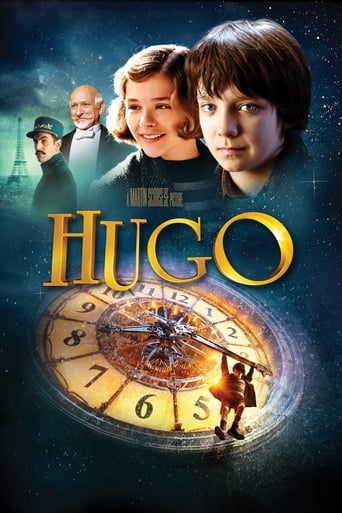
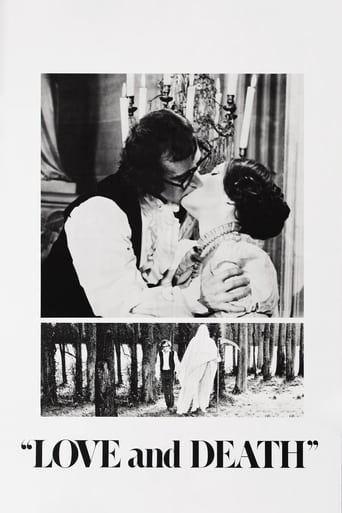

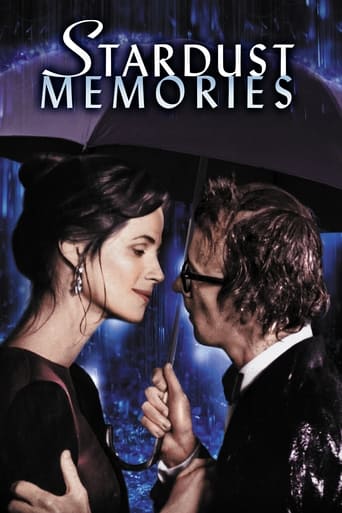
Reviews
Best movie of this year hands down!
Thanks for the memories!
Entertaining from beginning to end, it maintains the spirit of the franchise while establishing it's own seal with a fun cast
There are moments in this movie where the great movie it could've been peek out... They're fleeting, here, but they're worth savoring, and they happen often enough to make it worth your while.
Among the things I learned from the Coen brothers' 2009 masterpiece "A Serious Man" is that you can be a serious husband, teacher, father, a man of total moral probity, yet never be "serious" from the Jewish community's perspective, if you lack weight or aura as a worker, adviser or donor. Larry Gopnik was a born-schmuck but Judah Rosenthal, the central figure of Woody Allen's "Crimes and Misdemeanors", played by a wonderful Martin Landau, is the quintessential 'Serious' man.He's an eye doctor in his late fifties or early sixties, married to a loving wife (Claire Bloom) with grown children, living in three acres in Connecticut, and he's an established figure of the Jewish community. When we meet him, he's getting a special award for all his 'contributions'. Judah is at the pinnacle of his career and can settle down for its twilight with serene happiness if it wasn't for a pebble in his shoe, one named Dolores (Anjelica Huston), a flight attendant with whom he lived a last roar of passion. When wisdom commanded to end the relationship, it was too late, she was already pulling an Alex Forrest on him. Judah obviously underestimated Dolores' liability to turn into a pain-in-the-ass.Indeed, Judah intercepts a letter sent to his wife where Dolores reveals their affair and she ends up threatening to reveal some unsound financial decision, hence compromising not only his marital but social status as well, everything he built for years. That, he wouldn't allow. And while we slowly slide into the darkest side of his soul, there's a parallel story involving Woody Allen as Cliff Stern, a jobless documentary director, sickly jealous of Lester. Indeed, Cliff is baffled that a millionaire TV sitcom producer with the looks of Alan Alda is doing well, while the answers to his puzzlement are in the puzzlement itself. But Lister is the brother of his wife Wendy (Joanna Gleason) and she begged him to let Cliff direct a documentary about his life. Cliff reluctantly accepts.Tired of serving as a foil for his brother-in-law's ego, Cliff shares his feelings with the Assistant Producer Halley (Mia Farrow) and something just clicks. The relationship between Cliff and Halley is quite interesting, for the first time in his life, he finds a receptive ear to his humor, constant kvetching and even his odd cinematic tastes. When he shows her footage of Louis Levy, a philosopher who's more worthy of a documentary , she's fascinated and Cliff is fascinated by her fascination. Yet their relationship never moves forward, maybe because Cliff is incapable to make any further move or maybe because she's more interested in Lester, a man who can help her in her career, who has money and looks. Again, Cliff is incapable to face the facts that life functions on the most basic Darwinian level, and guys like Cliff aren't the fittest. But one who's born to survive this world is certainly Judah Rosenthal.As the movie swings back and forth between the two stories, we also have glimpses on Judah's background; he was raised by a devoted Jewish father, who taught him among other things, that God had eyes on him. This is the kind of stuff we also had to hear as kids, so we could repress some mean-spirited impulses. The eye is an interesting leitmotif in the film, Judah has the competence to detect the limits of people's vision, including his, and one of his friends played by Sam Waterston is a Rabbi who's progressively losing his sight, it doesn't take a Louis Levy to guess the symbolism when the man who lives in the "mountains of God" loses his vision. And a pivotal flashback during a Shabbat ceremony when the father's prayer is interrupted by her sister, she dares to call it mambo-jambo.A discussion ensues and some relatives start to share their doubts over their faith, using the ultimate example of the 6 million Jews who died in WWII, aggravated by the fact that Hitler 'got away' with it. This is a point that has seldom been raised in movies and I applaud Allen for allowing the skeptical voice to be raised, naturally, the sister is deemed as cynical, but we all know she's not. She's just realistic and it seems that Judah's brother Jack (Jerry Orbach) inherited that view on life because he lives in the real world, not in some Connecticut ivory tower, and he's the one who promises to take care of his brothers' 'problem'. At first, Judah is shocked, but then something happens, that can be summarized by that extraordinary quote from "Chinatown": "Most people never have to face the fact that at the right time and the right place, they're capable of ANYTHING." While Martin Landau in "Crimes and Misdemeanors" oozes integrity and respectability, he was driven into a corner where the only 'solution' was to kill a person. And he managed to overcome the guilt, to tame it until being relieved from it, as if the very shock, sadness and recognition of the amorality of his act were enough to redeem him. And he got away with it, indirectly forcing us to question our own conscience. To which extent is it more valuable than our comfort, or our comfort more than someone's life? Ethically, Judah is the worst but from his standpoint, he remains a serious, respectable man, if God's judgment doesn't count, why should ours do? So, it's a 'happy' ending for Judah and a sad one for Cliff and in the epilogue, their stories connect in the way they contradict the conclusion of "Manhattan" that "brain is the most overrated organ". In "Crimes and Misdemeanors", there's no heart, even the crime isn't a crime of passion, but of reason and calculation, and maybe Halley truly loved Cliff but she still made the reasonable choice. Reason or Heart, Allen seemed to have picked his side in this masterpiece of dark comedy.
In one candid moment of the hugely successful Lester's life, he is given a rather rousing and instructive speech to a room full of colleagues, who listen intently, and the camera pans across until it finally reveals Cliff, aiming a different camera at the proceedings. Woody, and therefore Cliff, shoots this way because for him, there is no difference between Lester's real and documentary life; they are both shallow, worthless and rubbish. This is a departure from the usual Woody character - still neurotic, still high-minded and cultured, but this particular one is rather needy, somewhat pathetic. He prides himself on staying away from the Hollywood-esque success that Lester has garnered, and prefers more personal, meaningful works. One he is working on about an elderly philosopher who spouts vague truths about love and life blows up embarrassingly in his face when this wise man commits suicide. Lester openly insults his career by admitting he is only asking him as a favour to his sister, Cliff's wife. At the end of the film, Cliff feels like he deserves the love of Halley, another like-minded, smart and attractive individual (and he has been vicariously substituting this hollow in his life, in the wake of his waning marriage, with his young niece), and cannot even think why she would choose Lester over him (who reminds him of Mussolini). And so it haunts him endlessly. Dually, there is another closely linked with the family who is being haunted. Judah's affair is catching up with him, threatening both his personal and financial life, and there remains no choice. Landau is the best of the cast, and shows it here; watch how he tries to convince himself that the idea of the murder is not his idea, watch how he rambles endlessly about morality but cannot seem to remember why he called his brother for assistance. But for a crime of this magnitude, four months later he is seemingly at peace, while Cliff mourns newly. Crimes and Misdemeanors is not about how he got away with it - this is irrelevant and happens with ease - but how he deals with the fact he got away with it.Allen employs a few significant techniques to both these characters in moments of strife. The first is the silence, save for maybe the hum of a car engine or the crackling of a telephone, as the character's mind wanders incessantly on their troubles. This makes the music so much more dreadful when it finally cues in; in a particularly creepy sequence which follows the murderer, the previous lovers who found themselves together in Schubert now become confronted with death with his String Quartet 15, a moment of wonderful agitation without ever showing any action or violence. Another is the slow zoom in to a character's face as they are hit with horrible news, which is frequently coupled with the use of visual flashbacks which contrast the now cold and frightening reality. Levey's suicide, the murder of Paley...In one case Judah even consciously argues at length about morality with his memories of a Jewish dinner (this scene is very Allen) and this represents his full conscious awareness of his sin, and his desperation to justify it. Meanwhile, in a blow of cruel symbolism, the rabbi, the one moral centre, is blind by the end of the film, while the ophthalmologist is seeing clearer than ever. Another theme is the blurring of the boundaries between fiction and reality. We saw this first with Cliff shooting Lester, and also in the many cuts from reality straight into a movie that Cliff might be watching, which closely mirror the events of the story. Allen manages to conjure some of his humour from this tale; the hilarious way in which Mussolini is compared to Lester, the voyeuristic and aggressive manner that he films Lester flirting with the women in the workplace, and in one scene, the darkness of Judah's story almost invades into Cliff's. His sister is recounting a horrifying date incident, and we curl up in revulsion, waiting for that fateful word, before it is suddenly replaced with another. If it was rape Cliff might react with a subtle horror and rage, but in this case he flies off the handles and reacts with much more indignation than necessary, and it is very funny. Allen seems to readily announce that this is not a Hollywood movie. The ending is entirely pessimistic; the rich and successful Judah discovers the shakiness of the construct of humanity, and God's eye no longer plagues him, much less no longer exists in his mind. Cliff has let love slip away (then again, I think he deserves it, being wholly unoriginal, having his pet projects fail and even plagiarising a declaration of love from James Joyce's Ulysses). At times it feels like two completely separate films that have been combined as per title. But when they come together, and seem to exhibit the opposite reactions that we would normally expect, Levey's message rings true. But I don't think Cliff ever seems to realise it.
For a brief period of time, in the early 1980s, Woody Allen seemed slightly unsure of what direction his career should take: serious or funny? (He even made an entire movie about this uncertainty, "Stardust Memories"). I think "Crimes And Misdemeaors" (and also "Hannah And Her Sisters", to speak only of his 1980s movies) is what he was always really getting at; this movie is basically a drama, and yet it contains some lines funnier and cleverer than anything in, say, "To Rome With Love". It is about moral dilemmas, yet it is amoral; it is deep, yet accessible; it is relaxed and easygoing, yet self-assured and carefully planned out. The entire cast is good, but Martin Landau in particular gives a superlative performance. And Allen's choice of music is, as usual, spot-on. *** out of 4.
As a big fan of Dostojewskij I found this movie very appealing. The stories main plot has many analogical elements to the novel "Crime and Punishment". Both deal with the topic of murder and the terror it inflicts on the mind. In both cases the murderer (direct/indirect, does not really matter)believe that they own the right to get rid of their victim. In the book the murderer kills twice the second woman only because she appeared at the scene of the first crime. That probably added to the amount of terror and might give an explanation why Allen's character who only killed once and through a killer might be able to live on without any punishment. In both cases the denial of god or any moral structure leads to their action. Both are haunted by terror afterwords and it seems their minds wont be able to rest unless they turn them in or inflict any other sort of punishment on themselves. As I already mentioned in the movies case time eventually releases some of the terror and the protagonist appears to be able to live on. But the end is left open, it is not unlikely to assume that Judas terror might return. Nevertheless the ending offered by Allen to me is even more negative than what is happening in the novel. Allen suggests that people can commit that sort of crime and at some stage go back to their old lives. Judas escape into the comforts of a god or heavenly system seem a rather pathetic move to me. To me there is no way that Juda believes in god. He idealizes the idea of forgiveness and is completely oblivious to the moral duty one carries at the same time. We recognize that he feels some sort of moral responsibility but it is weak enough for him to evade it. That such thing is possible and I don't doubt that it is possible is a truly depressing thought indeed. The other plot does not offer much consolation either. The plastic character of Laster "wins" in the end by getting Halley, instead of his "opponent" Cliff. That suggests that what really matters to become happy is not seeking for any kind of truth or a better understanding of the human condition but to leave all this as it is and make the best of it. Thus money, success, huge confidence, the ability to deny, greed, beauty on the surface and hedonism wins over respect for ones neighbor, deep love, recognizing predicaments, being aware of death, melancholy and many other things. These are only categories to illustrate I know there is many other things that conflict with one another. The story is a true tragedy but it was built in wonderful manner. To me it is Allen's second best movie, after "Annie Hall" which I prefer because it offers a more optimistic idea of life and love and because Diane Keaton is in it:) The humorist elements in the film made me laugh harder than in most of his other movies because they come up in a very problematic context. They sometimes open up the possibility that we are dealing with the comedy but to me it is clearly something like a tragedy. I am still undecided about the film's ending. My first reaction was a little disappointment because it appeared to be too corny. A movie that denies morals ends with a sort of moral statement? I reflected it and it gained more favor:) The voice over is basically just telling us whats going on in the reality suggested by the movie. Even though many people live without a judge and it is basically all a big contest most people seem to enjoy life in one form or the other. People achieve/find happiness and realize that is only momentarily but seek again and deliberately accept the depressing moments happiness is followed by. I don't really see why the voice over puts faith or hope in future generations. To me it is a rather cynical statement by the director
Top Streaming Movies











